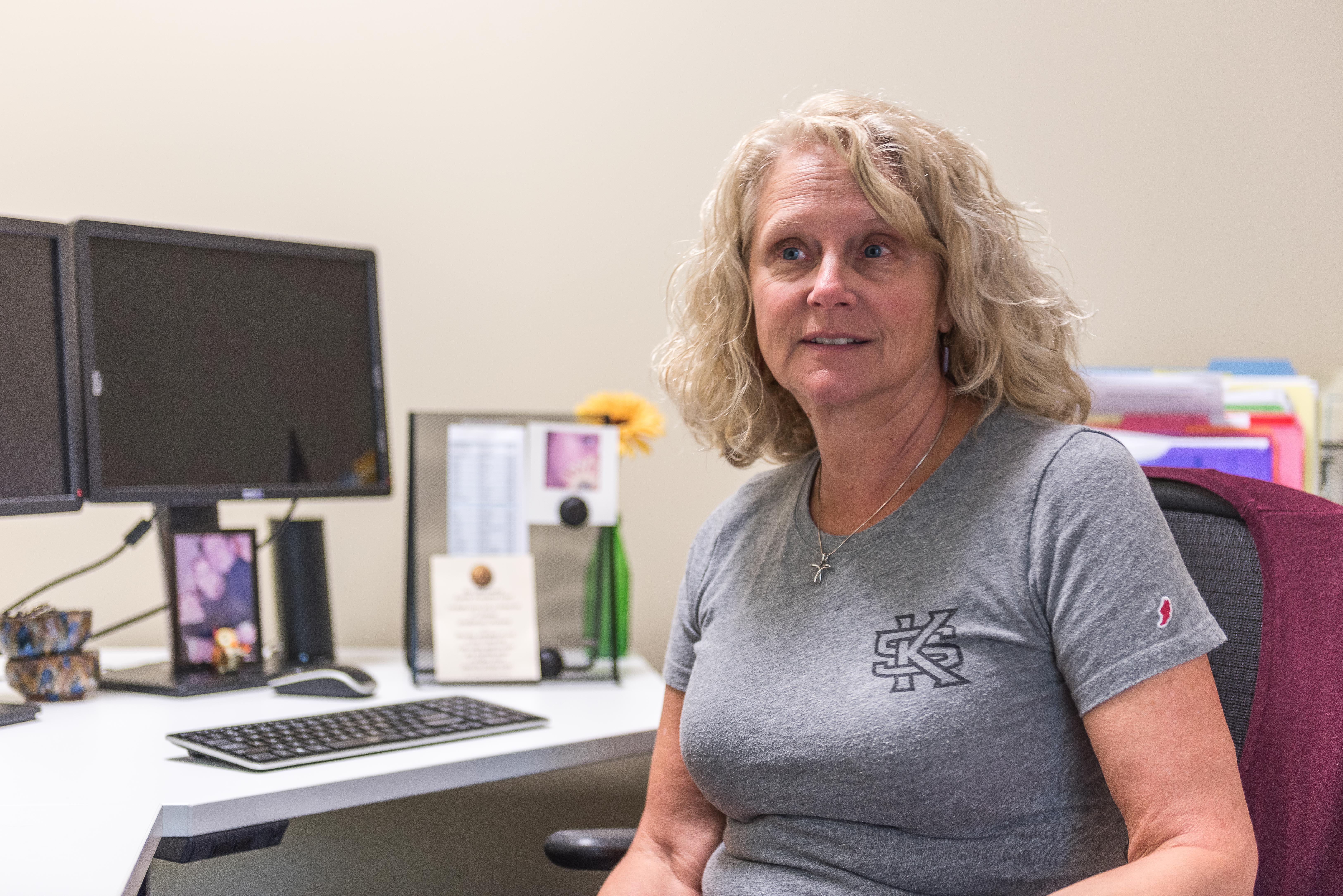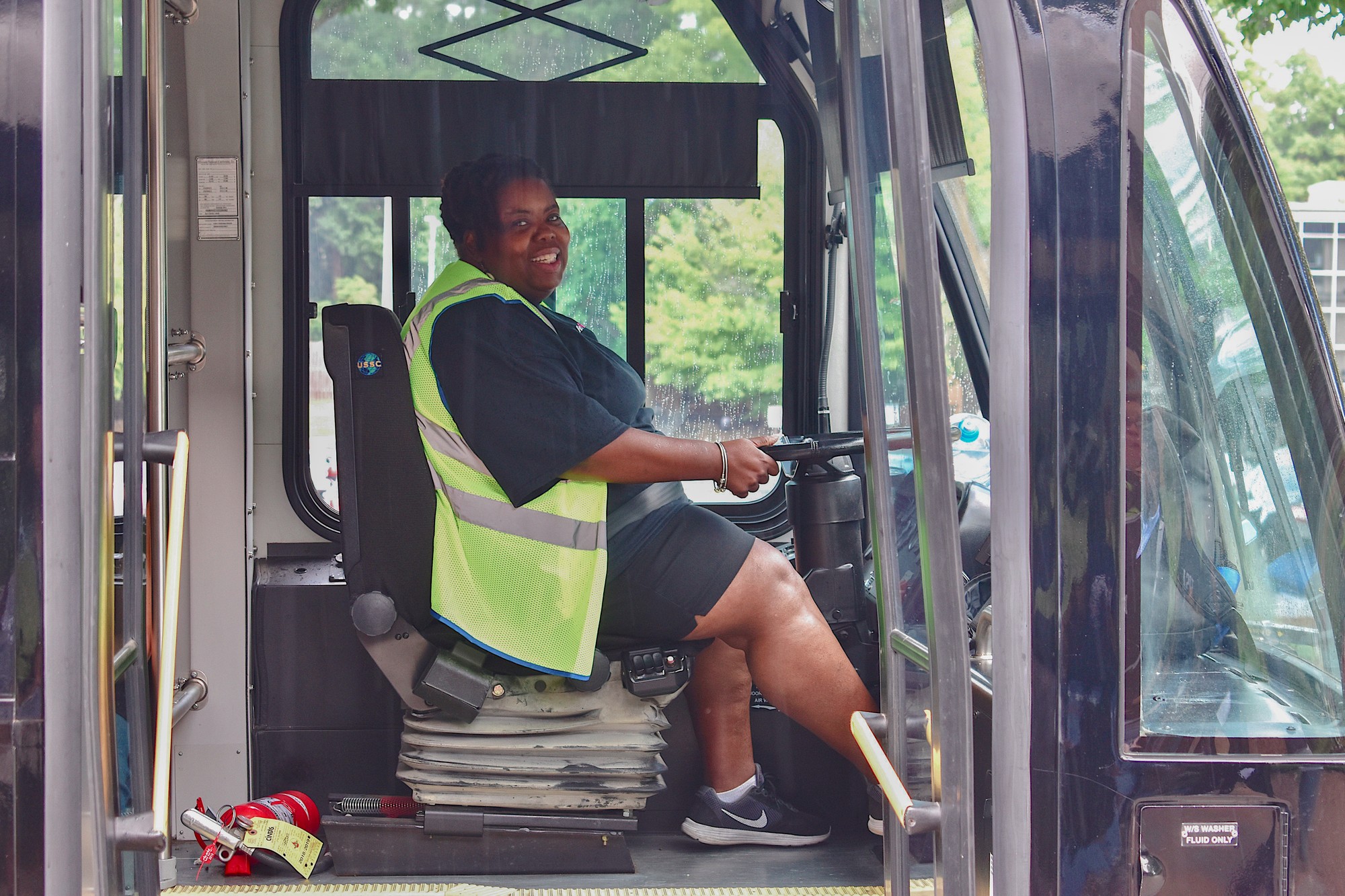Drug overdoses related to prescription opioids are on an alarming rise across the country over the past decade, and college students have not been spared.
According to the Substance Abuse Research Alliance, opioid overdoses have spiked by 200 percent since 2002, with young people ages 18-25 just as likely to fall victim as other age groups.
Because colleges are not required to report non-criminal drug deaths, it is difficult to estimate the extent to which the so-called opioid crisis has affected campuses. However, a survey conducted in 2015 by the Hazelden Betty Ford Institute for Recovery Advocacy found that opioid use is trending among college students to a similar degree as other populations.
Teresa Johnston, the executive director of KSU’s Center for Young Adult Addiction and Recovery, said that 2,300 incoming freshmen were reached by the center’s peer education program last year.
“I think the biggest switch that we have seen is the prescription pills and the ability to have access to those, whether they are prescribed or whether someone uses them casually or recreationally,” Johnston said. “They are chemically engineered to work on the brain.”
Indeed, more than 30 percent of college students surveyed by Hazelden said prescription pain pills were easy to acquire.
For some, however, prescription drugs like Vyvanase, hydrocodone and codeine are too expensive, and this makes switching to cheaper, illicit opiates like heroin an attractive option. The National Institute of Health reports that nearly 80 percent of heroin users were using prescription opioids for a non-medical reason before beginning to use heroin. However, with more people switching over to heroin, a dramatic increase in heroin overdoses has occurred since 2007.
The University System of Georgia announced in February that it would make receiving naloxone, a drug that can reverse opioid overdoses, a priority for all college campuses in the state.
Johnston believes a knowledge gap exists for some doctors and medical technicians who may not be educated enough about opioid addiction. She also points out that people who are recovering from addiction are put at a high risk when they have availability or sudden access to drugs.
“Doctors and dentists should not even prescribe medicine when their patients tell them not to,” said Johnston.
More than 177 people overdose on opioids each day, according to Johnston, and anyone can fall victim. She said that her goal at the center is recovering science because, as she put it, “we can not jail our way out of the problem.”
“People who are dependent on whatever substances… they’re not ‘bad people getting good,’ they are sick people getting well and there is so much judgment about how they got there,” Johnston said.




You are absolutely right. I am so glad that KSU offers a option for the struggling addict. Now all you need is a way to promote the fact that “It is easier to stay clean than it is to get clean.”